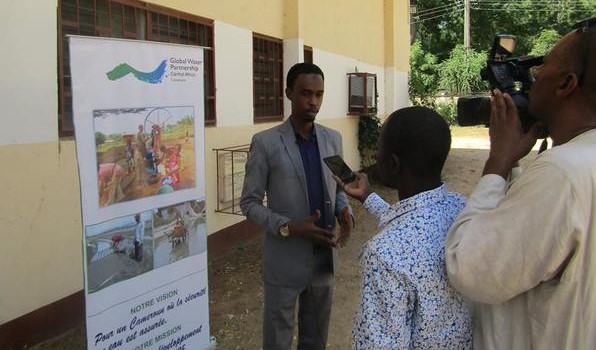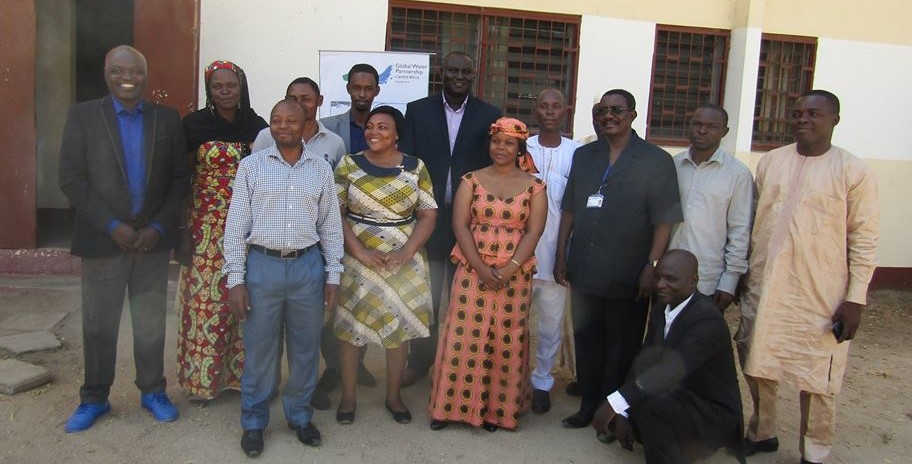As part of the project "Improving the Resilience of WASH services in the Mayo Tsanaga sub-basin through pilot initiatives", a study on stakeholder analysis conducted upstream identified stakeholders' capacity building needs related to the resilience of WASH services. As a result, a capacity building programme on the resilience of WASH services in a context of climate change was initiated, in 3 sessions: climate change, water resources management and strategic planning.
As a prelude to the launching of the programme, a training meeting of trainers was held from 3th to 5th October 2018 at the GWP Cameroon offices in Maroua. This was followed by the first training sessions on CLIMATE CHANGE from 16th to 18th October 2018 and on WATER RESOURCES MANAGEMENT from 23th to 25th October 2018 respectively. These trainings brought together 15 participants representing international NGOs, city council representatives, national programmes related to water resources management, WASH infrastructure construction companies, and ministries (Water and Energy, Economy, Land Use Planning and Development, Public Health, Environment, Transport).

Indeed, the impact of climate change has a significant and diversified influence on Drinking Water Supply, Hygiene and Sanitation (WASH). To support this alarming climate change situation, the Global Water Partnership (GWP) and UNICEF have developed a strategic framework to guide activities aimed at the resilience of WASH services. This strategy aims to improve WASH services to prepare for emergencies, addressing climate resilience as a cross-cutting issue, encompassing disaster risk reduction (DRR) elements and adaptation to climate change.
The holding of the first two sessions provided a framework for the visit to the Mokolo water retention dam; an opportunity for participants to see an example of a water resource structure. The visit made it possible to see how the treatment and monitoring of the quality control of the drinking water is carried out.
At the end of these 2 sessions, the participants were able to acquire the necessary knowledge to develop their project ideas. The participants showed a real interest in the training programme through their active interventions and the sharing of experiences. The final training session of the capacity building programme on STRATEGIC PLANNING will be held from 07th to 08th November 2018. On this occasion, all participants will receive certificates of completion of the training.
